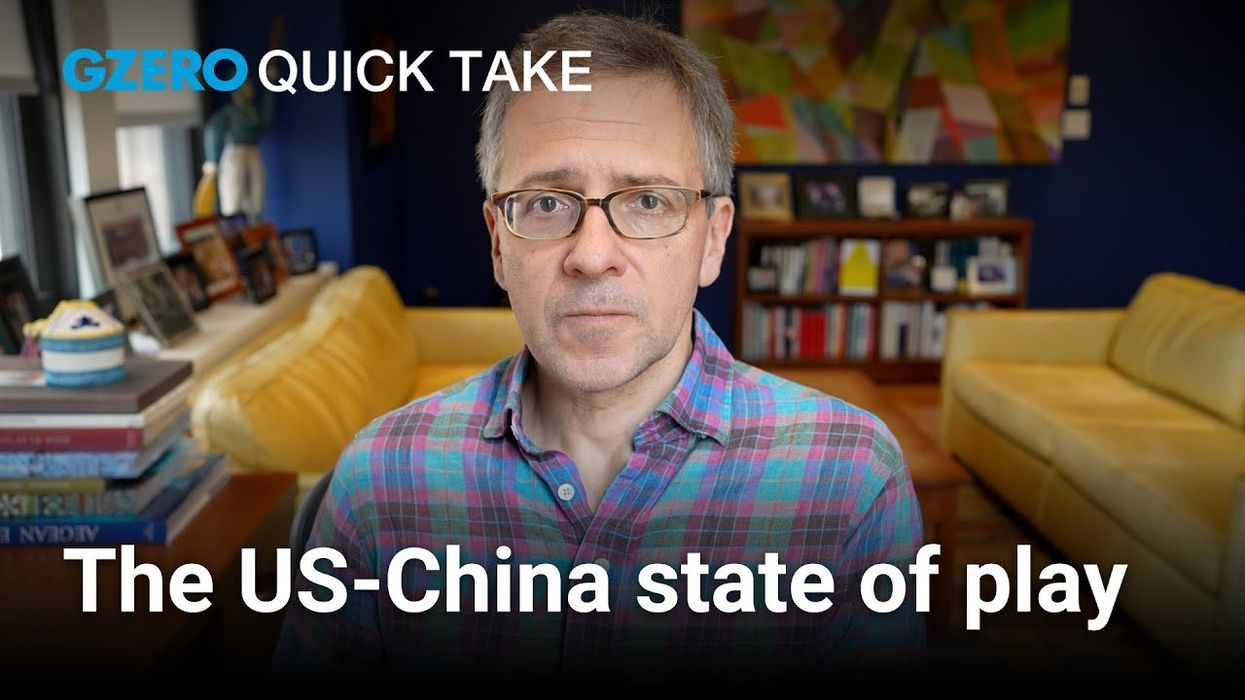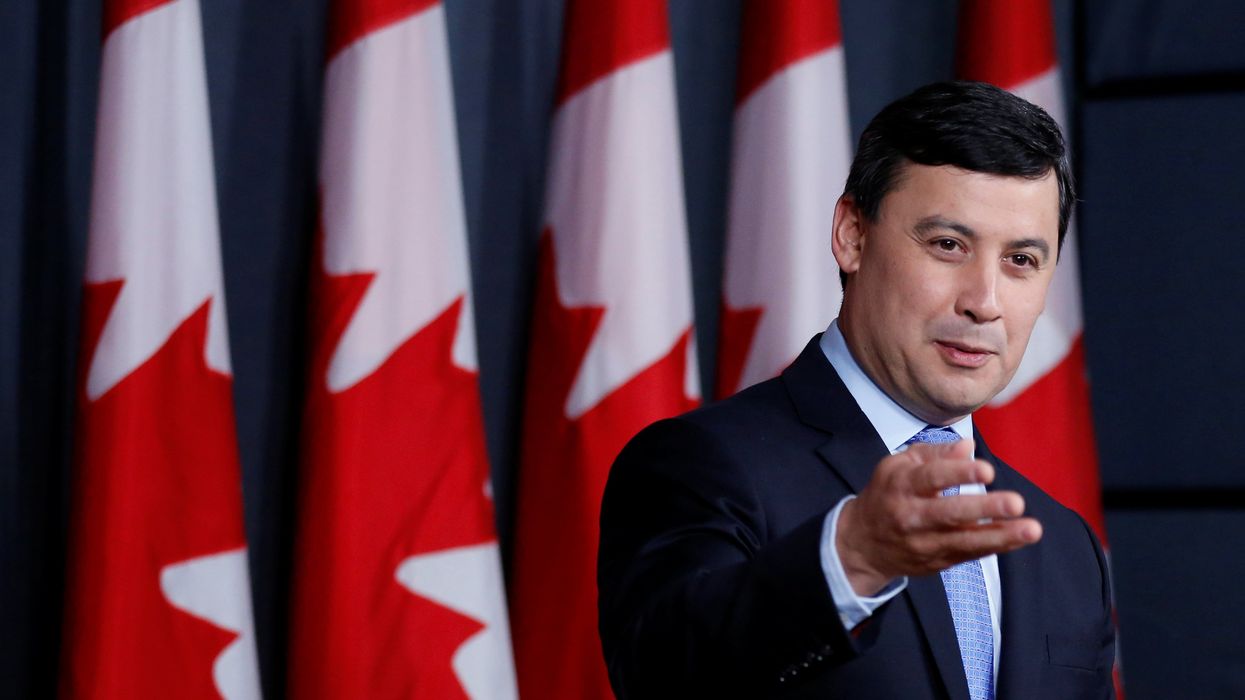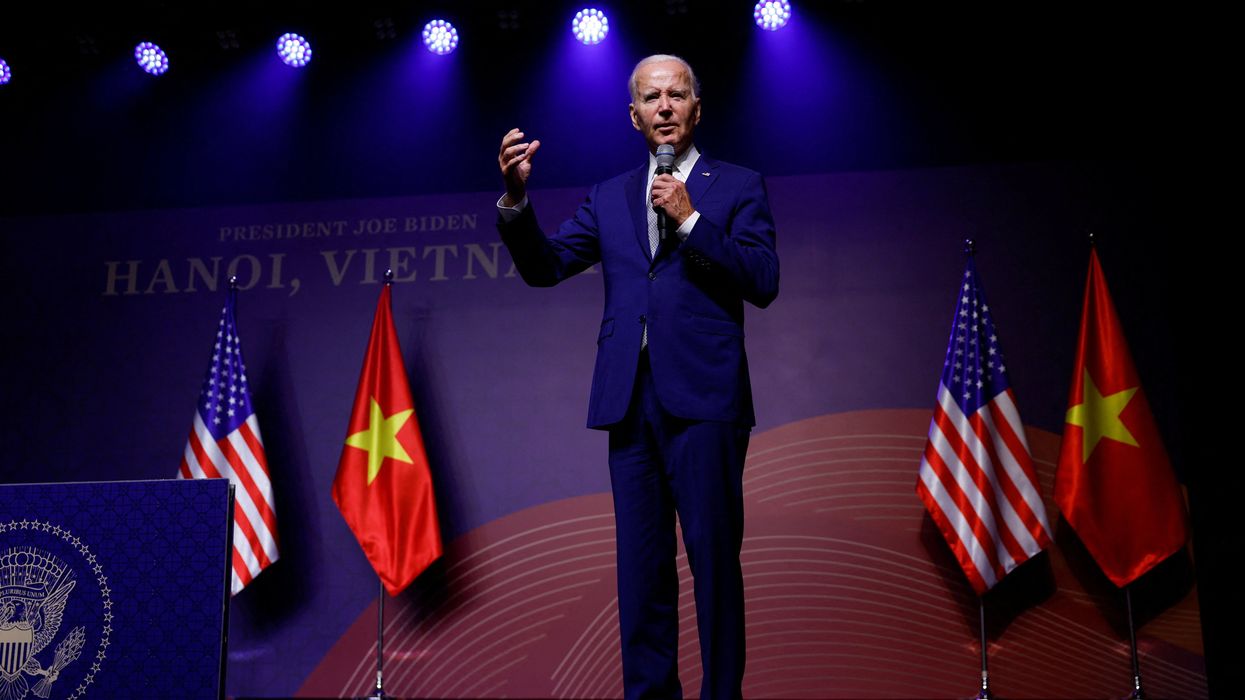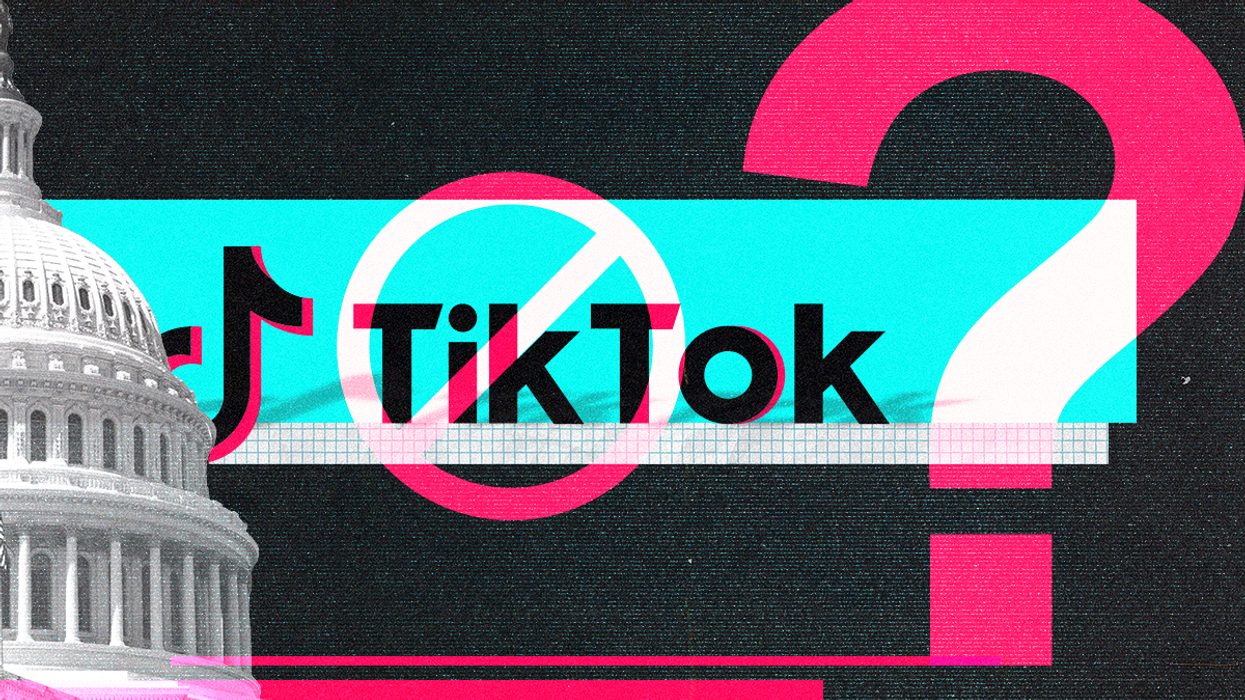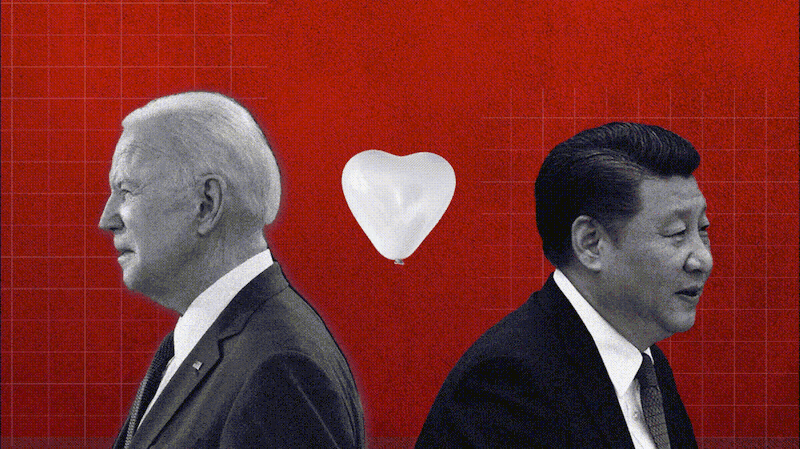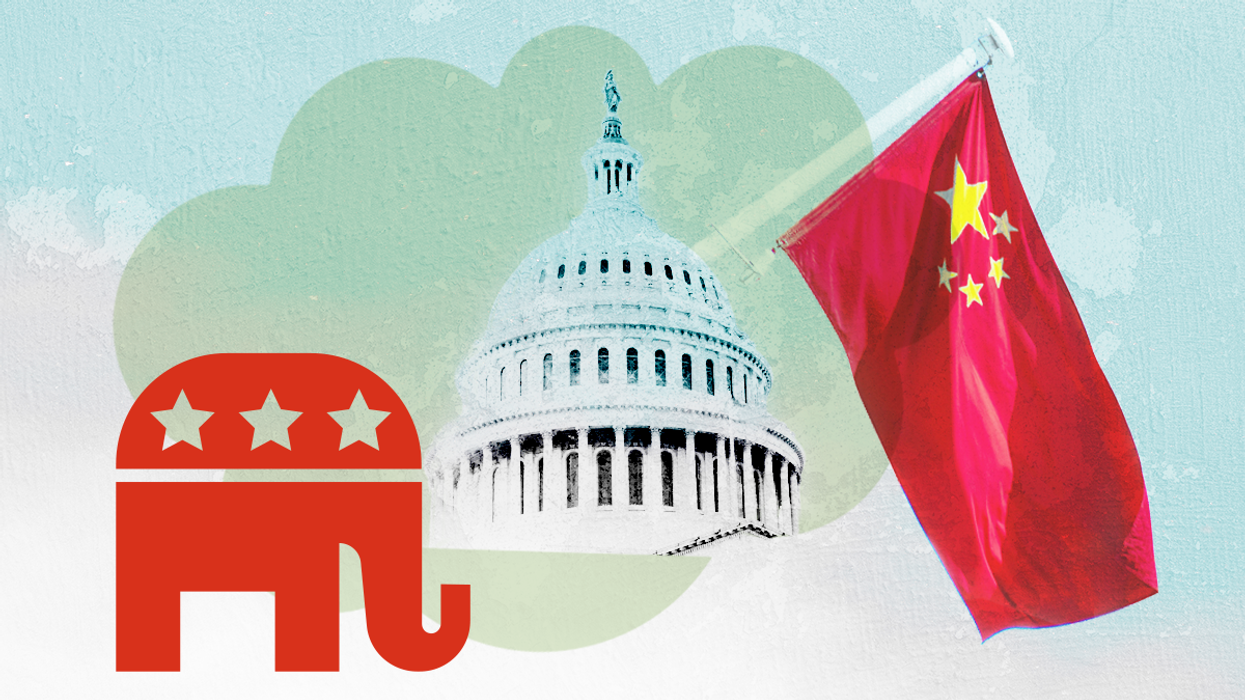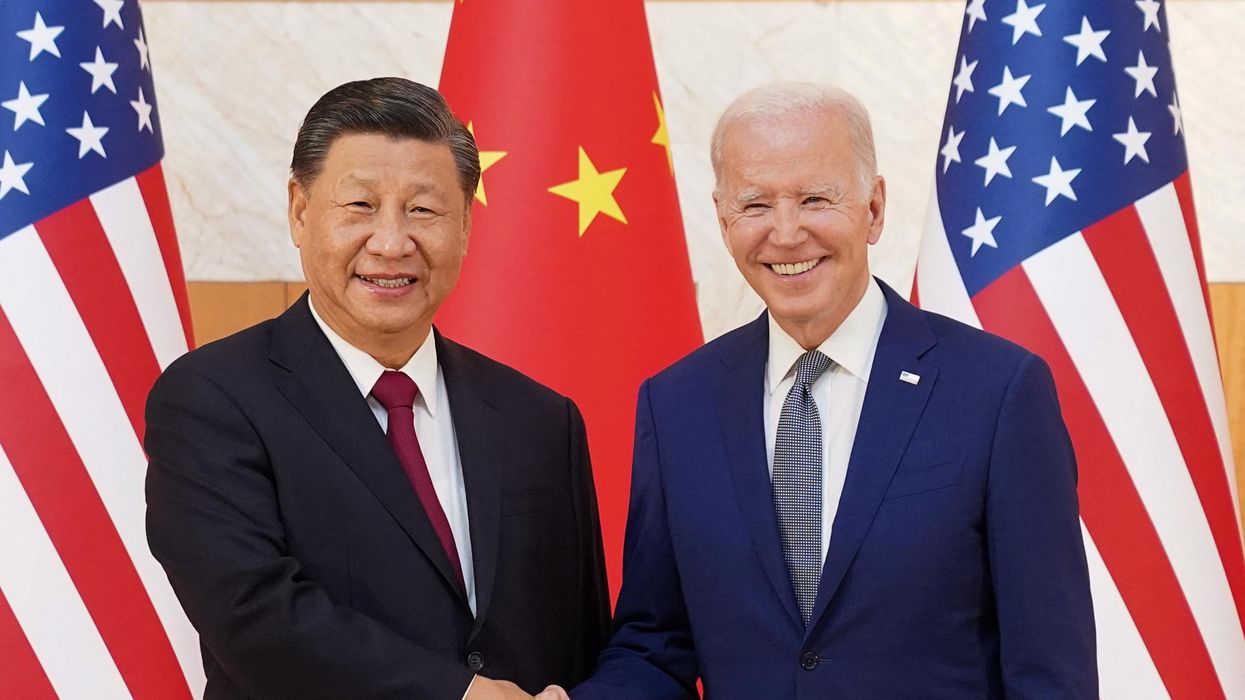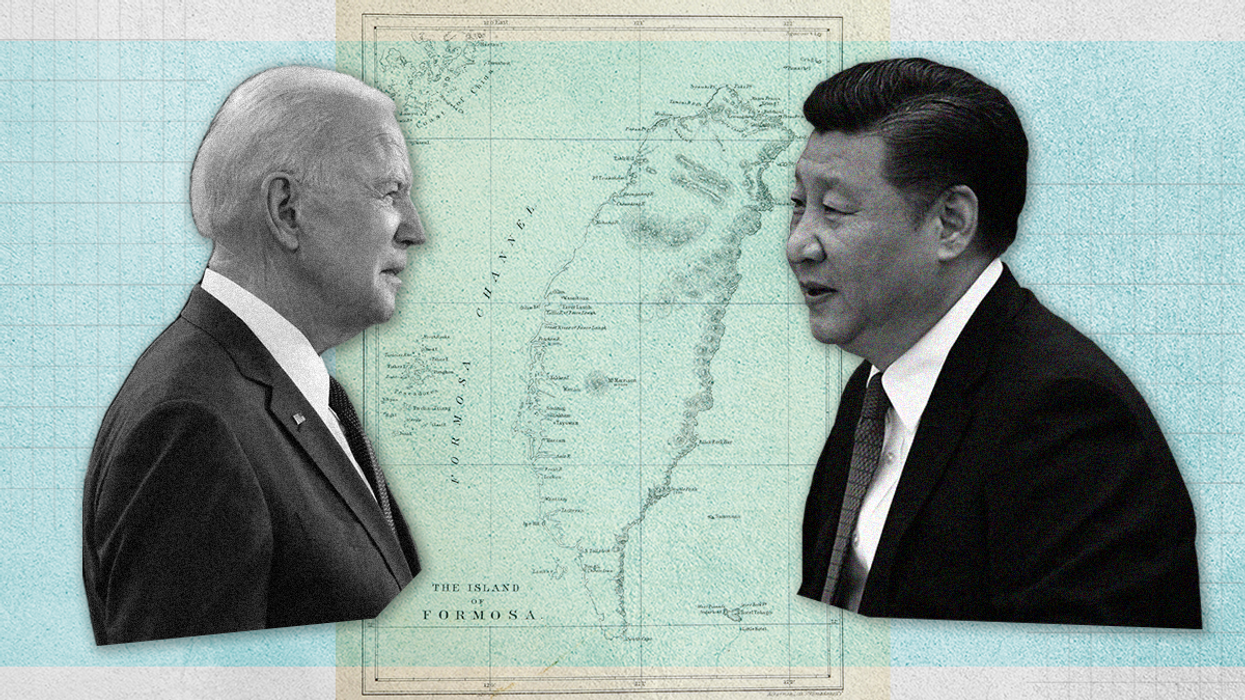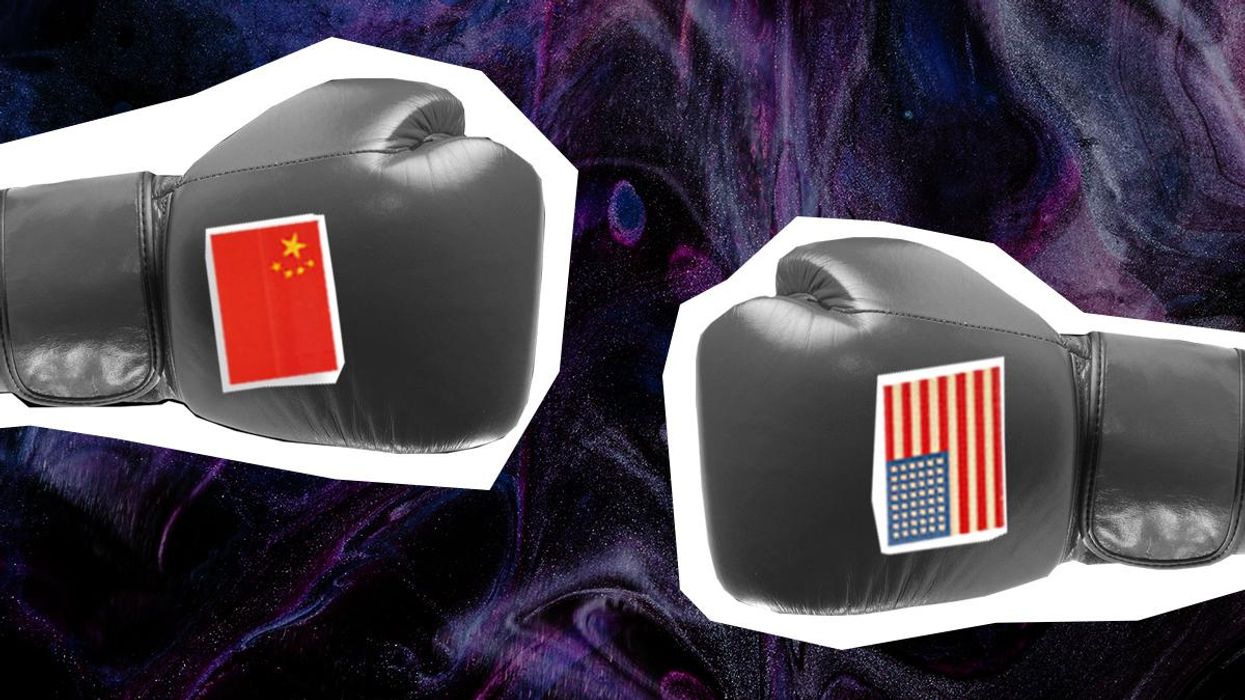Quick Take
Why the US-China relationship is more stable than you might think
Ian Bremmer's Quick Take: US Secretary of State Tony Blinken just came from China, Beijing, and Shanghai, and the US-China relationship continues to be better managed and more stable than we've seen in a long time. Not clear that would necessarily be the case, given the number of issues and places where we have friction between these two countries.
Apr 29, 2024
